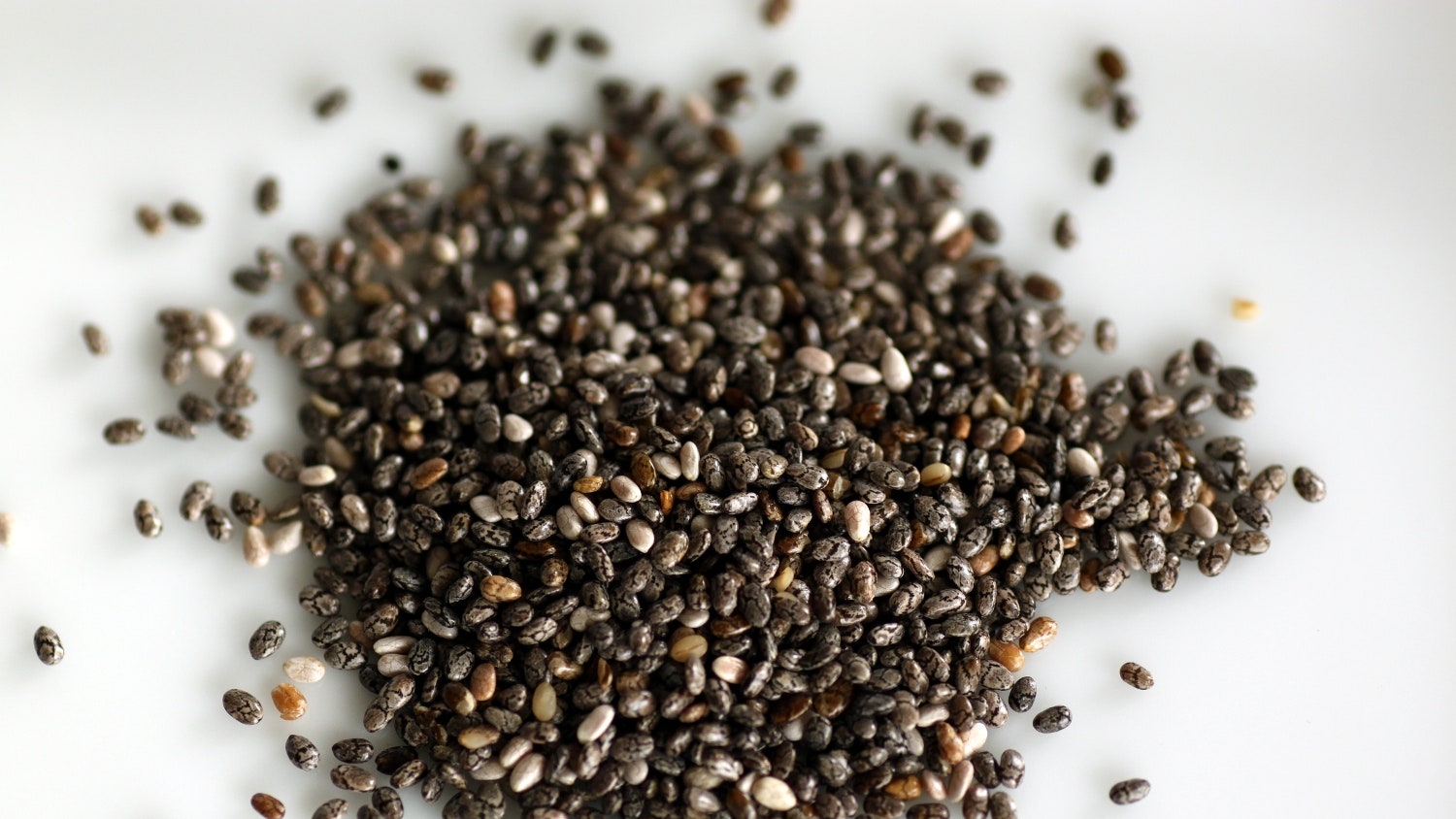Health Benefits of Chia Seeds
What are the health benefits of chia seeds?
Chia seeds are tiny black or white seeds that are rich in nutrients and offer several health benefits. Here are some key health benefits of chia seeds:
- Rich in Nutrients: Despite their small size, chia seeds are packed with nutrients. They are a good source of fiber, protein, omega-3 fatty acids, antioxidants, and various vitamins and minerals, including calcium, magnesium, and phosphorus.
- Heart Health: Chia seeds are rich in omega-3 fatty acids, particularly alpha-linolenic acid (ALA). Omega-3 fatty acids are known to help reduce inflammation, lower blood pressure, and improve cholesterol levels, which can all contribute to a healthier heart.
- Digestive Health: The high fiber content in chia seeds is beneficial for digestive health. Fiber helps promote regular bowel movements, prevent constipation, and support a healthy gut microbiome.
- Blood Sugar Control: Chia seeds can help stabilize blood sugar levels due to their high fiber and protein content. They can slow down the absorption of sugar in the bloodstream, which may be beneficial for people with diabetes or those at risk of developing diabetes.
- Weight Management: Chia seeds can aid in weight loss or weight management due to their high fiber and protein content. They can help you feel full and satisfied, reducing overall calorie intake.
- Bone Health: Chia seeds are a good source of calcium, magnesium, and phosphorus, which are important minerals for bone health. Including chia seeds in your diet may help support healthy bones and reduce the risk of osteoporosis.
- Antioxidant Properties: Chia seeds contain antioxidants, such as chlorogenic acid, caffeic acid, and quercetin, which help protect cells from damage caused by free radicals. Antioxidants may also help reduce the risk of chronic diseases like cancer and heart disease.
- Hydration: Chia seeds can absorb water and swell up, forming a gel-like substance. This property can help fight dehydration and maintain electrolyte balance, especially during exercise or in hot weather.
Overall, chia seeds are a nutritious addition to a balanced diet and can offer several health benefits. They can be easily incorporated into various recipes, such as smoothies, oatmeal, yogurt, or baked goods.
What are the health risks of chia seeds?
Chia seeds are generally safe for most people when consumed in moderation as part of a balanced diet. However, there are some potential health risks associated with their consumption:
- Gastrointestinal Issues: Chia seeds are high in fiber, and consuming large amounts of them, especially if you are not used to a high-fiber diet, can lead to gastrointestinal issues such as bloating, gas, or diarrhea. It’s important to gradually introduce chia seeds into your diet and drink plenty of water to help prevent these issues.
- Swallowing Difficulties: Chia seeds can absorb water and expand in size, potentially causing choking if not consumed with enough liquid. It’s important to mix chia seeds with plenty of water or other liquids before consuming them to prevent them from expanding in your throat.
- Allergic Reactions: While rare, some individuals may be allergic to chia seeds. Allergic reactions can range from mild symptoms like itching and hives to more severe reactions like swelling of the face, throat, or tongue, and difficulty breathing. If you have a known allergy to sesame seeds, mustard seeds, or other seeds, you may also be allergic to chia seeds.
- Interactions with Medications: Chia seeds are high in fiber, which can interfere with the absorption of certain medications. If you are taking medications, especially for diabetes or blood clotting disorders, talk to your healthcare provider before adding chia seeds to your diet to avoid potential interactions.
- Potential Contamination: Chia seeds can become contaminated with mold, especially if they are stored in damp or humid conditions. Moldy chia seeds can produce mycotoxins, which can be harmful if consumed. It’s important to inspect chia seeds carefully before eating them and discard any that appear moldy or discolored.
Overall, while chia seeds offer several health benefits, it’s important to consume them in moderation and be aware of potential risks, especially if you have specific health conditions or sensitivities. If you have any concerns, consult with a healthcare provider or nutritionist before adding chia seeds to your diet.




